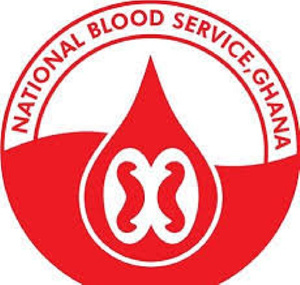Health News of Monday, 18 March 2024
Source: www.ghanaweb.live
2024-03-18National Blood Service grapples with shortfall in meeting demand for blood collection
 National Blood Service
National Blood Service
According to the 2023 performance review report of the National Blood Service (NBS), only 182,696 units of blood were collected last year, significantly below the World Health Organisation's (WHO) recommended annual demand of over 300,000 units, Graphic Online reports.
This deficit of 117,304 units poses a challenge to maintaining an adequate supply at the national blood bank.
Despite this
Read full articleshortfall, the report noted a slight improvement from the previous year, with the 182,696 units collected representing 99.7% of the NBS's annual target.
However, the majority of these donations—70%—came from family replacements rather than voluntary and unpaid contributions, raising concerns about the availability of safe blood for healthcare needs.
The annual performance review, held under the theme "Give blood, give plasma, share life, share often," convened stakeholders across the blood collection and preparation sectors to evaluate the country's blood collection efforts, address challenges, and explore strategies for meeting national demands in the near future.
Participants included representatives from the Ghana Health Service, teaching hospitals, the Food and Drugs Authority, and private sector partners.
Dr. Shirley Owusu-Ofori, the CEO of the NBS, attributed the modest improvement in blood collection to enhanced public education efforts, increased staffing, the establishment of a Board of Directors, and staff reorientation.
Despite these gains, she emphasized the need for greater commitment to achieving 100% voluntary unpaid blood donation, urging both partners and the public to prioritize regular blood donation to ensure a continuous supply of safe blood products for various medical purposes.
Dr. Owusu-Ofori's appeal underscores the critical role of voluntary blood donation in sustaining the healthcare system, particularly for emergency situations, childbirth, dialysis, and other medical interventions.
The report underscores the ongoing challenges facing the NBS in meeting national blood supply requirements and highlights the collective responsibility of stakeholders and the public in addressing this pressing issue.











